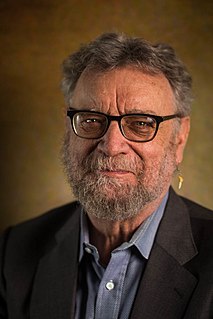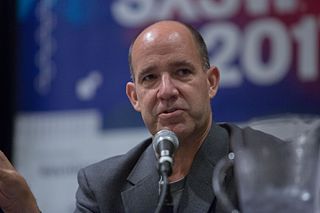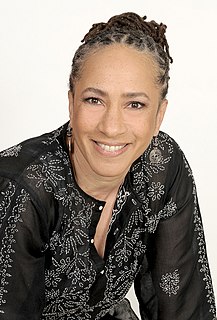A Quote by Jeff Giles
Authors all have at least one thing in common, which is that when we finally get finished copies of our books, we get giddy as kindergartners. We touch them constantly, and build towers with them, and take pictures of our cats and dogs reading them.
Related Quotes
Rather than going after our walls and barriers with a sledgehammer, we pay attention to them. With gentleness and honesty, we move closer to those walls. We touch them and smell them and get to know them well. We begin a process of acknowledging our aversions and our cravings. We become familiar with the strategies and beliefs we use to build the walls: What are the stories I tell myself? What repels me and what attracts me? We start to get curious about what’s going on.
Cats are oppressed, dogs terrify them, landladies starve them, boys stone them, everybody speaks of them with contempt. If they were human beings we could talk of their oppressors with a studied violence, add our strength to theirs, even organize the oppressed and like good politicians sell our charity for power.
You see? Characters in books do not read books. Oh, they snap them shut when somebody enters a room, or fling them aside in disgust at what they fancy is said within, or hide their faces in one which they pretend to peruse while somebody else lectures them on matters they'd rather not confront. But they do not read them. 'Twould be recursive, rendering each book effectively infinite, so that no single one might be finished without reading them all. This is the infallible message of discovering on which side of the page you are on.
We rarely quote nowadays to appeal to authority... though we quote sometimes to display our sapience and erudition. Some authors we quote against. Some we quote not at all, offering them our scrupulous avoidance, and so make them part of our "white mythology." Other authors we constantly invoke, chanting their names in cerebral rituals of propitiation or ancestor worship.
I don’t want to be a Princess,” she said finally. “You can’t make me be one.” She knew very well what became of Princesses, as Princesses often get books written about them. Either terrible things happened to them, such as kidnappings and curses and pricking fingers and getting poisoned and locked up in towers, or else they just waited around till the Prince finished with the story and got around to marrying her. Either way, September wanted nothing to do with Princessing.
As you know, in this democracy, in order to have a healthy democracy, we have to get to the common good. But the only way to get to the common good is if we have a common set of facts, which we don't seem to have today, and we have a common level of decency. And my problem with the president and what happened today and why I think it affects the country as a whole is, first, we bring up our kids better than this. We teach them not to do this. We tell them not to do this, and it is not the right standard of behavior.
If you are resolutely determined to make a lawyer of yourself, the thing is more than half done already. It is but a small matter whether you read with anyone or not. I did not read with anyone. Get the books, and read and study them till you understand them in their principal features; and that is the main thing. It is of no consequence to be in a large town while you are reading. I read at New Salem, which never had three hundred people living in it. The books, and your capacity for understanding them, are just the same in all places.
Why is it we want so badly to memorialize ourselves? Even while we're still alive. We wish to assert our existence, like dogs peeing on fire hydrants. We put on display our framed photographs, our parchment diplomas, our silver-plated cups; we monogram our linen, we carve our names on trees, we scrawl them on washroom walls. It's all the same impulse. What do we hope from it? Applause, envy, respect? Or simply attention, of any kind we can get? At the very least we want a witness. We can't stand the idea of our own voices falling silent finally, like a radio running down.
Americans, too many of them, take themselves too seriously. You're going to get rapped - by the viewers, by the sponsors and by the network brass - if you joke about doctors, lawyers, dentists, scientists, bus drivers, I don't care who. You can't make a joke about Catholics, Negroes, Jews, Italians, politicians, dogs or cats. In fact, politicians, dogs and cats are the most sacred institutions in America.




































